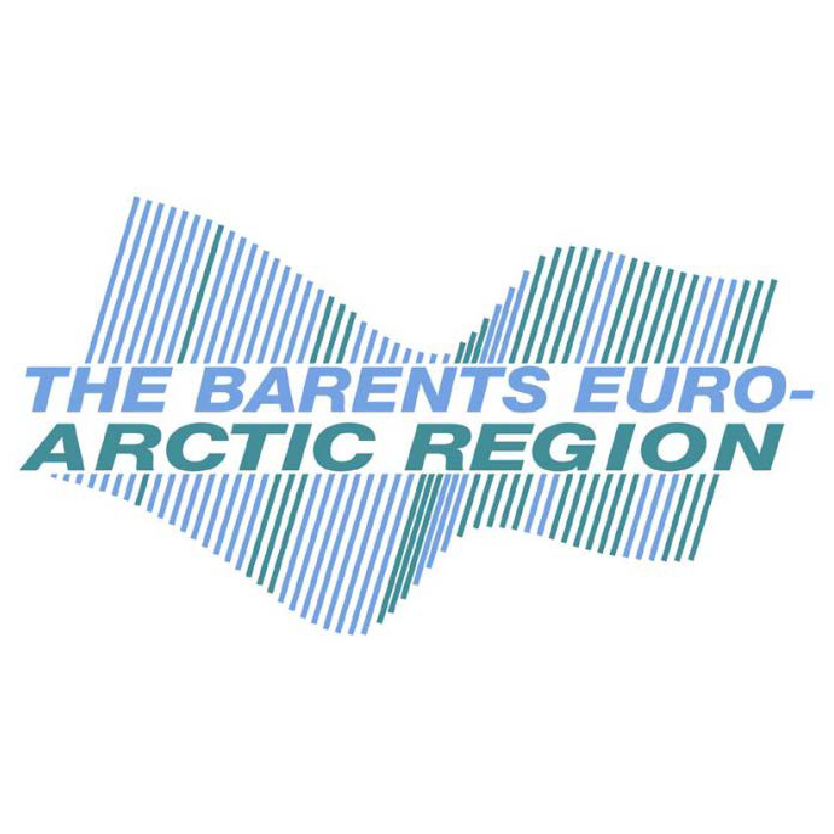The Barents Euro-Arctic Council (BEAC) was established on January 11, 1993.
In accordance with the founding document the Declaration on Cooperation in the Barents Euro-Arctic Region (the Kirkenes Declaration), the main goal of the work of the BEAC is to promote the development of the region, namely the principles and recommendations contained in the Declaration of the Conference in Rio de Janeiro (1992) and the Agenda XXI century UN Conference on Environment and Development.
Denmark, Iceland, Norway, Russia, Finland, Sweden and the European Commission participate in cooperation within the framework of the Barents Euro-Arctic Council on a permanent basis.
The UK, Germany, Italy, Canada, the Netherlands, Poland, the USA, France and Japan have observer status.
Under the auspices of the BEAC the Barents Regional Council operates established on January 11, 1993 as a follow-up to the Kirkenes Declaration. It is an independent body for multilateral cooperation of the administrative-territorial entities of the Barents Region (from Russia – the Republic of Karelia, the Republic of Komi, the Arkhangelsk and Murmansk Regions, the Nenets Autonomous Okrug, from Norway – the province of Nordland and the combined provinces of Troms and Finnmark, from Sweden – the provinces of Norrbotten and Vasterbotten, from Finland – the provinces of Lapland, Kainuu, North Karelia and North Ostrobothnia). The Barents Regional Council includes the leaders of these regions as well as a representative of the indigenous peoples of the North-West of Russia, Norway, Finland and Sweden (Saami, Nenets, Veps).
The BEAC meetings are held annually at the level of foreign ministers.
In accordance with the Kirkenes Declaration of 1993, the expansion of youth exchanges is one of the areas of cooperation in the Barents Euro-Arctic Region.
In 1999 youth policy was included in the list of main areas for the development of cooperation in the region, and a special Working Group on Youth Policy was created under the Council of the Barents Euro-Arctic Region bringing together representatives of departments responsible for the implementation of youth policy in the BEAC Member States. The Action Plan adopted at the First Conference of Ministers for Youth Affairs of the BEAC Member States held in 2001 in Tromso (Norway) became the basis for its activities. Through the Barents Regional Council in 2003 a Regional Working Group on Youth Issues was established. In 2011 through the merger of two working groups the Joint Working Group on Youth Affairs was created. Its purpose is to promote the involvement of young people in all areas of cooperation in the Barents Euro-Arctic Region.
The Action Plan adopted at the First Conference of Ministers for Youth Affairs of the BEAC Member States also included a proposal to create a mechanism for informing and consulting youth groups and associations on the development of multilateral youth projects and opportunities to support them through existing national and international funds. In order to implement the Action Plan, in 2002 the Barents Youth Cooperation Office (BYCO) was established in Murmansk.
Since 2002 the Barents Regional Youth Program has been implemented. It provides an opportunity for young people to realize their project ideas, take an active part in the Barents cooperation and the development of the Barents Region.
In 2004 due to the goal of strengthening youth cooperation in the Barents Region and empowering young people to be active participants in the society in which they live, the Barents Regional Youth Council was established. From the Russian Federation the Council includes youth representatives from the Republic of Karelia, the Republic of Komi, the Nenets Autonomous Okrug, the Arkhangelsk Region and the Murmansk Region (one representative from each region).
In 2019 at the 17th ministerial session of the BEAC the Recommendations for the active involvement of young people in all areas of the Barents cooperation were approved.
Since March 9, 2022 joint activities through the BEAC have been "frozen" (statement by the Ministry of Foreign Affairs of the Russian Federation).
Sources: the website of the Ministry of Foreign Affairs of the Russian Federation and the collection "30 years of state youth policy of the Russian Federation" (30 years of the state youth policy of the Russian Federation / MIREA – Russian Technological University. - M., 2022. - 340 p.)




